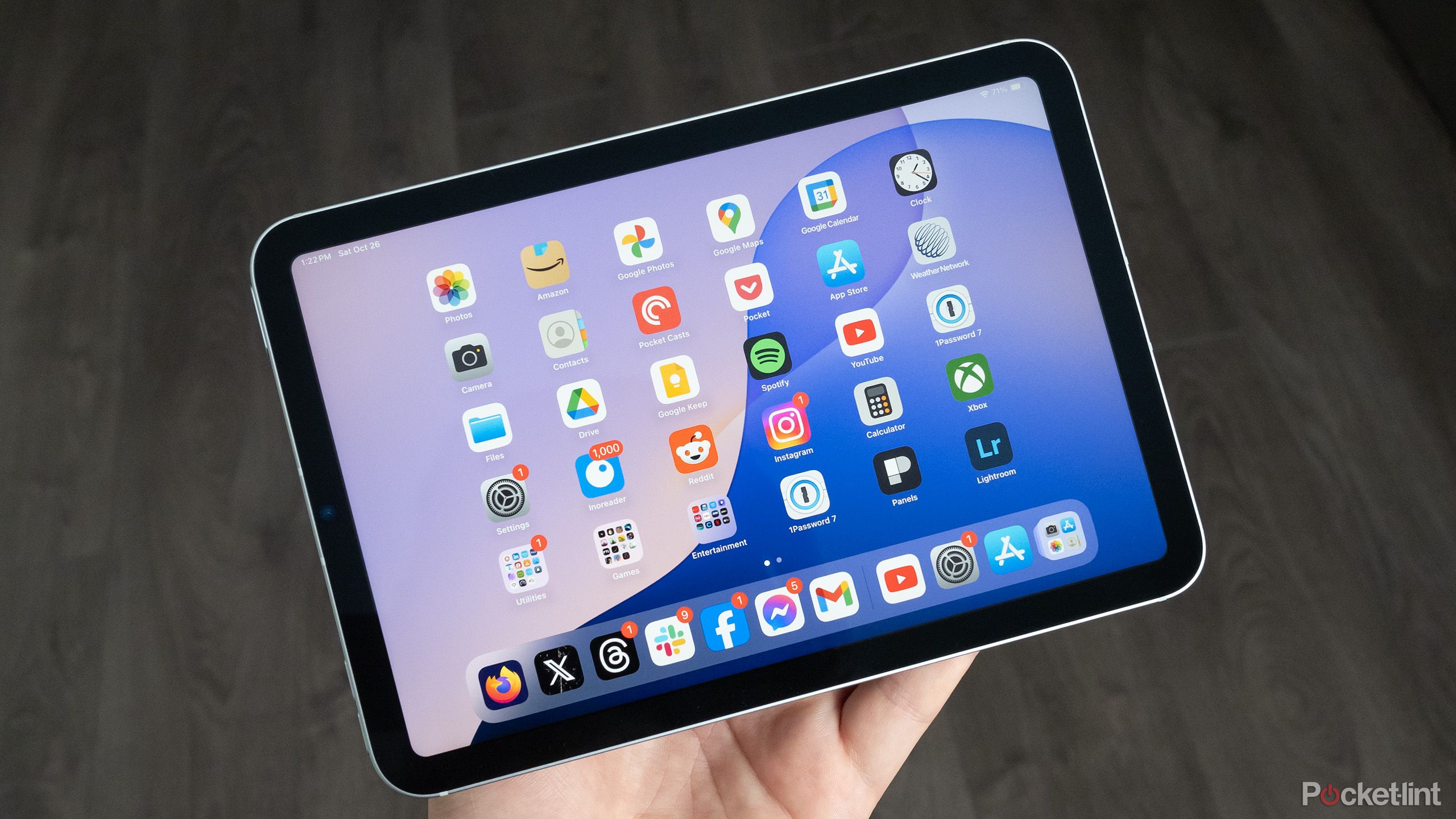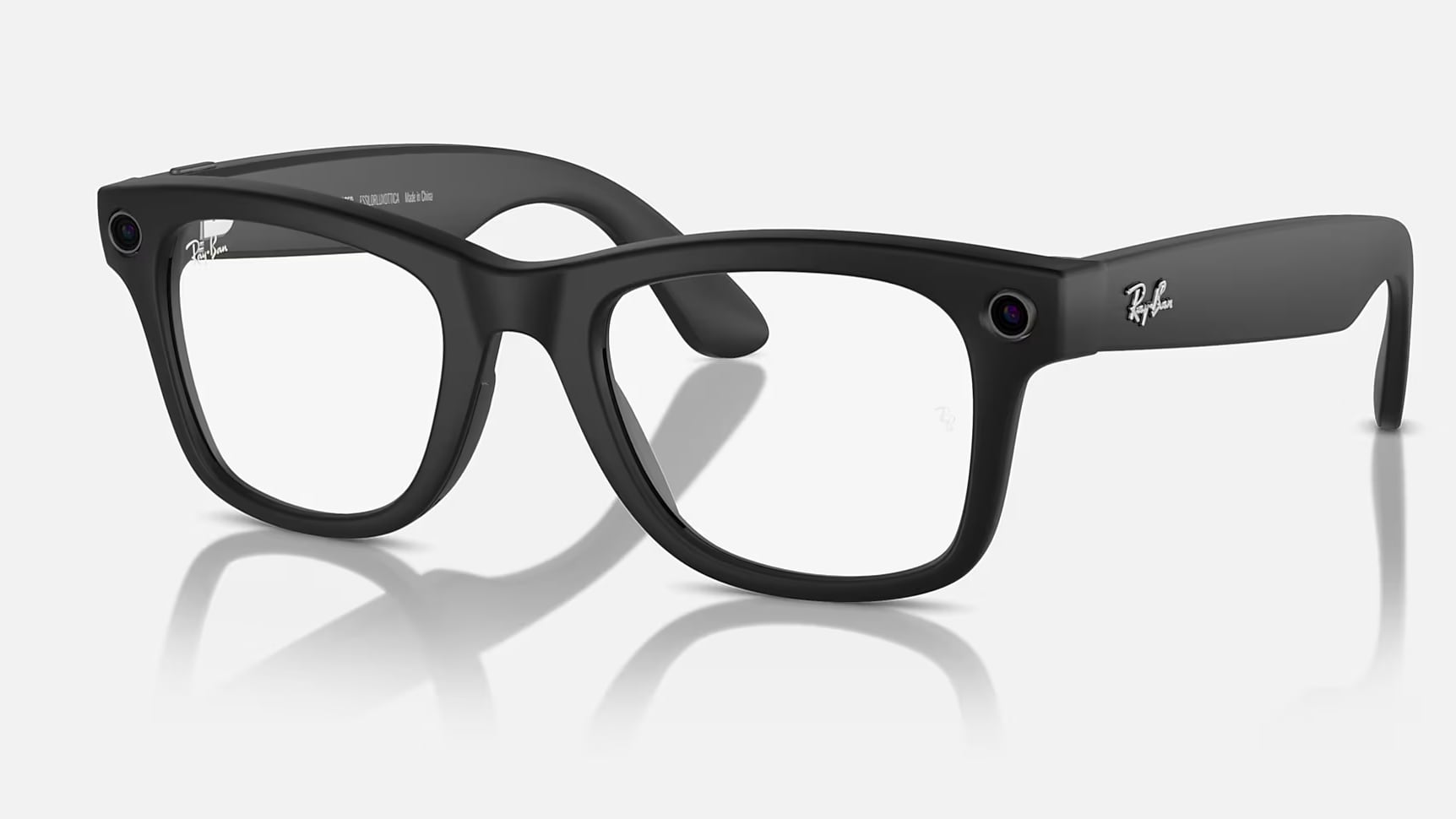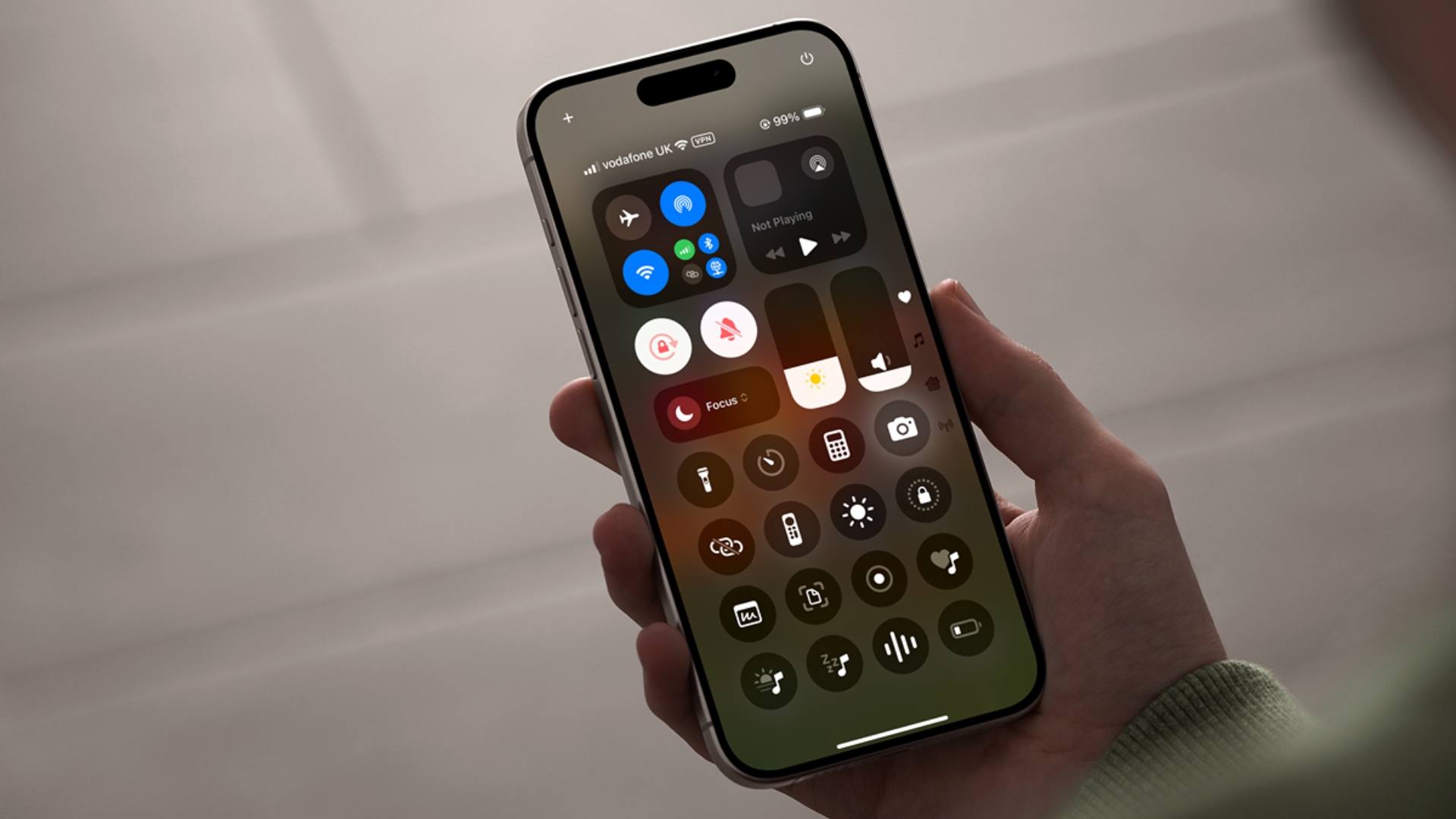Google announces new accessibility features, one of these can even answer your questions
Google has announced a bunch of new features across its products and services including its Lookout app, Google Maps, Live Caption, Wear OS 4 and Chrome browser. These new features are aimed at helping people with disabilities to use these products easily and seamlessly.
Lookout app
Google has announced a new feature in its Lookout app, which is called “image question and answer”. This feature will describe the images even if the images don’t have any captions or alt text.
People can also type or use their voices to ask questions to get more understanding of what is in an image. Google has currently launched this feature for a selected group of people from the blind and low-vision communities.
“It opens up new avenues for many more applications, especially when it comes to using AI to make the world around us more accessible,” said Colin Murdoch, Google DeepMind chief business officer.
Wheelchair-accessible places on Google Maps
Google is also expanding the Google Maps Accessible Places feature to everyone. This will help people identify if a place has a step-free entrance. In addition to this, more information such as wheelchair-accessible seating, parking or restrooms will be available in the ‘About’ tab.
Earlier, this feature was available only to people who have opted in. Wheelchair-accessible places will be marked with a wheelchair icon in Google Maps.
Further, users can also contribute accessibility information on Google Maps by scrolling to the ‘About’ tab and selecting ‘Edit features’ on Android or ‘Update this place’ on iOS.
Live Caption
‘Google’s Live Caption feature provides captions for anything with sound in some Android devices. Google will now expand the availability of the feature to more Android devices and people.
Further, it is coming with new updates such as a new captions box that optimizes the Live Caption experience on Android tablets, Live Caption for Calls feature, which will allow users to type back responses during calls and have the response read aloud to the other caller.
Live Caption for calls feature is currently available on the latest Pixel devices.
Text-to-speech experience on Wear OS 4
Google will introduce a revamped text-to-speech experience on Wear OS 4, later this year.
Chrome address bar
Google Chrome address bar will now detect typos in URLs and suggest websites based on the corrections. This makes it easier for people with dyslexia, language learners, and anyone who makes typos.
This feature is now available on Chrome desktop and will roll out to mobile in the coming months.
The post Google announces new accessibility features, one of these can even answer your questions appeared first on Techlusive.

Google has announced a bunch of new features across its products and services including its Lookout app, Google Maps, Live Caption, Wear OS 4 and Chrome browser. These new features are aimed at helping people with disabilities to use these products easily and seamlessly.
Lookout app
Google has announced a new feature in its Lookout app, which is called “image question and answer”. This feature will describe the images even if the images don’t have any captions or alt text.
People can also type or use their voices to ask questions to get more understanding of what is in an image. Google has currently launched this feature for a selected group of people from the blind and low-vision communities.
“It opens up new avenues for many more applications, especially when it comes to using AI to make the world around us more accessible,” said Colin Murdoch, Google DeepMind chief business officer.
Wheelchair-accessible places on Google Maps
Google is also expanding the Google Maps Accessible Places feature to everyone. This will help people identify if a place has a step-free entrance. In addition to this, more information such as wheelchair-accessible seating, parking or restrooms will be available in the ‘About’ tab.
Earlier, this feature was available only to people who have opted in. Wheelchair-accessible places will be marked with a wheelchair icon in Google Maps.
Further, users can also contribute accessibility information on Google Maps by scrolling to the ‘About’ tab and selecting ‘Edit features’ on Android or ‘Update this place’ on iOS.
Live Caption
‘Google’s Live Caption feature provides captions for anything with sound in some Android devices. Google will now expand the availability of the feature to more Android devices and people.
Further, it is coming with new updates such as a new captions box that optimizes the Live Caption experience on Android tablets, Live Caption for Calls feature, which will allow users to type back responses during calls and have the response read aloud to the other caller.
Live Caption for calls feature is currently available on the latest Pixel devices.
Text-to-speech experience on Wear OS 4
Google will introduce a revamped text-to-speech experience on Wear OS 4, later this year.
Chrome address bar
Google Chrome address bar will now detect typos in URLs and suggest websites based on the corrections. This makes it easier for people with dyslexia, language learners, and anyone who makes typos.
This feature is now available on Chrome desktop and will roll out to mobile in the coming months.
The post Google announces new accessibility features, one of these can even answer your questions appeared first on Techlusive.






